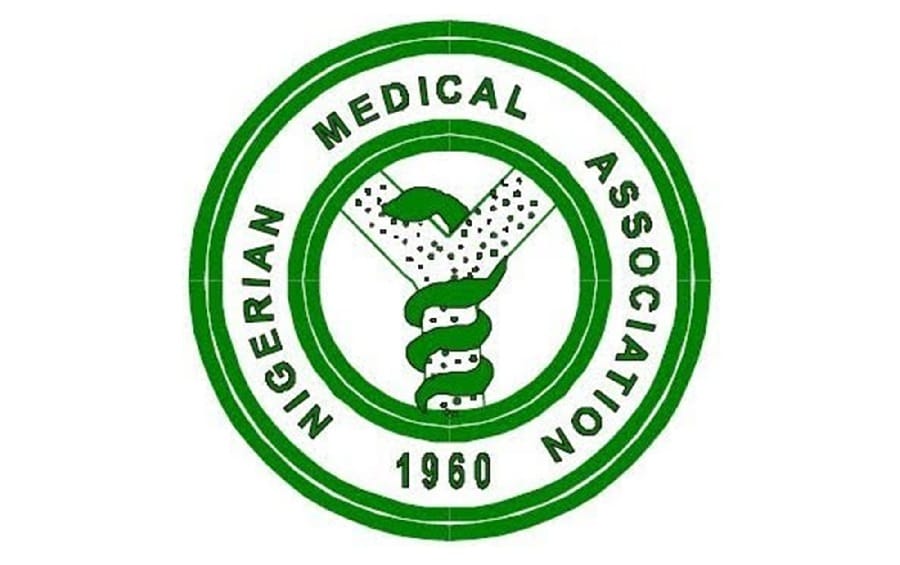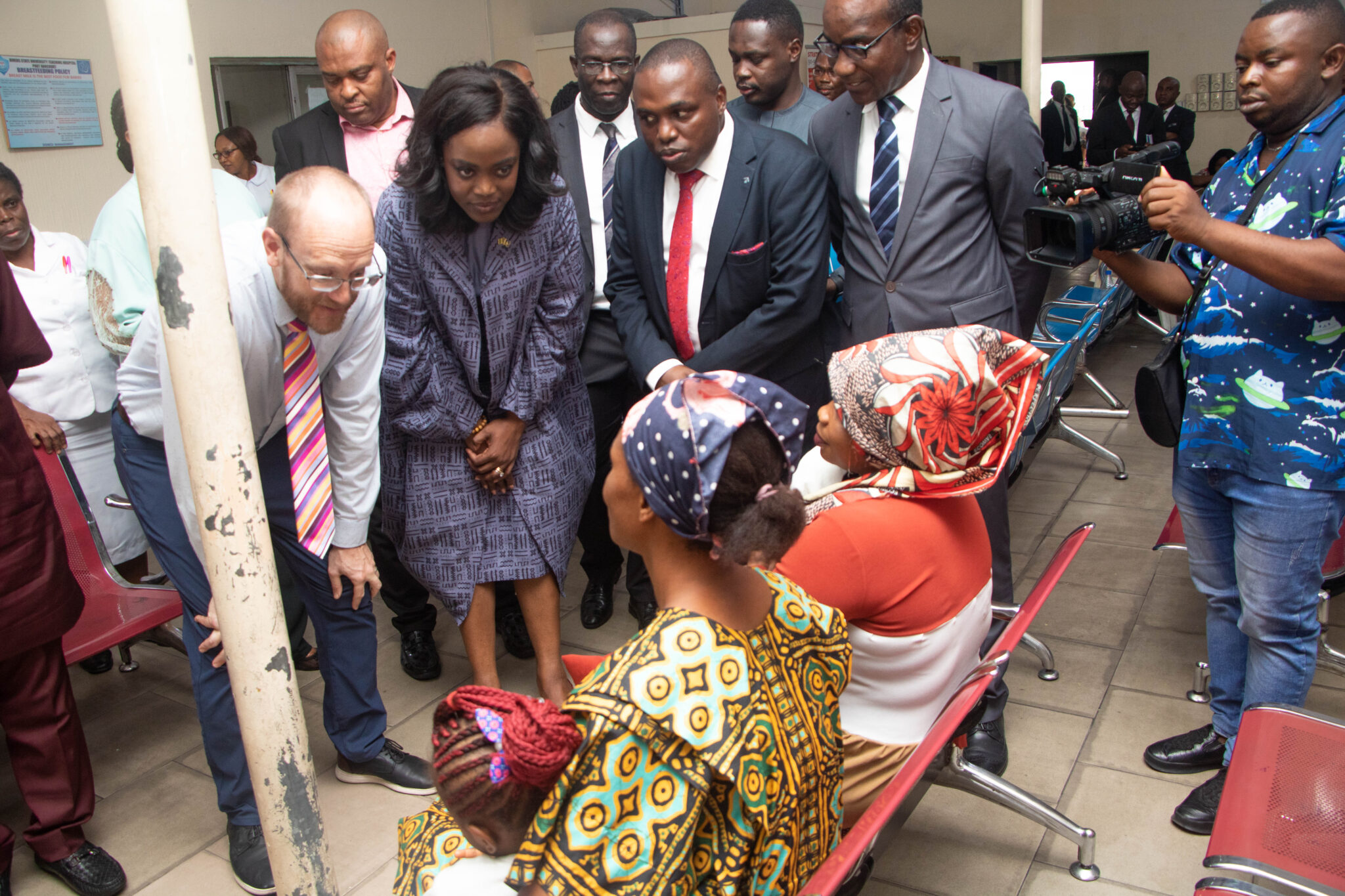By Ojoma Akor
Malaria Consortium, an international non-profit organization says the implementation of perennial malaria chemoprevention (PMC) in Nigeria can lead to 43% reduction of severe malaria cases in children.

Senior Project Manager, PMC project of Malaria Consortium, Dr Chinazo Ujuju, stated this Monday in Abuja during the National Perennial Malaria Chemoprevention (PMC) and Policy Uptake Task Team (NPRPUT) dissemination meeting organised by the consortium.
She said this followed the findings from the Nigeria PMC Effect study conducted by Malaria Consortium in collaboration with the federal ministry of health, National Malaria Elimination Programme (NMEP) National Agency for Food and Drug Administration and Control (NAFDAC) and other partners.
The study is aimed at generating required evidence to inform policy, possible scale up, and ultimately contribute towards a reduction in mortality among children under-five years in Nigeria.
Dr Ujuju said,” So we are optimistic that this intervention is an additional tool that will help reduce the burden of malaria in Nigeria. We know the malaria burden in Nigeria is the highest in the world, and we need a multifaceted approach. We need to deploy several interventions to tackle the burden of malaria. So, PMC is an additional intervention to Seasonal Malaria Chemoprevention (SMC), to children sleeping under nets, and Intermittent Preventive Treatment in Pregnancy (IPTP).”
She explained that the PMC project is a pilot study designed to generate evidence to inform policy decision because the Nigerian government does not want to deploy any intervention without finding out whether it is operationally feasible in the country, as well as the effectiveness in the Nigerian context.
“So that is why the PMC study was designed and it has been implemented for the past two years in Osun state. Today, we want to share the results, and they are quite promising. We have very interesting results to show that PMC is effective. It can be deployed with routine immunization. Caregivers accept the intervention. Even the health workers also told us that it is good because it reduces the number of children that come down with malaria that they have to treat. So if you prevent malaria, children will not come down with malaria.Our results are really very interesting.”

Dr Nnenna Ogbulafor, National Coordinator of the National Malaria Elimination Programme (NMEP), said from the
preliminary findings of from the field, stakeholders are definite that PMC is an intervention that Nigeria maybe adopting and deploying for children under- five in the southern part of the country.
While saying that findings from the field look very favorable, she said the evidence has shown that the intervention is able to prevent children from coming down with malaria when they take it as at when due, and when recommended.
She said, ” We have seen from the pilot study, that there was significant reduction in the severity of malaria in the children that adhered to the guidelines on when to take the intervention. So we are very certain that Nigeria will be adopting this very important intervention for the sake of our children’s survival when it comes to malaria.”
Prof. Olubenga Makuolu, a professor of pediatrics and child health and a Strategic Adviser to the Minister of Health on Malaria Elimination, said the pilot study of the project was carried out inorder to understand the feasibility and the logistics for its implementation.
He said, “And with these findings, we are looking forward to being able to now scale up to practically most of the states within the southern belt, where transmission is significantly all year round.”
He said that malaria is everybody’s business. “Because it is a transmittable disease, we owe it as a personal obligation to have a health system that is free of malaria. So if as a person, I take preventive measures such as sleeping under the net, keeping my environment clean, and adopting measures like chemoprevention, I will be able to keep my own blood clean, and when mosquito comes biting, it has nothing to transmit to another. So let’s collectively break the chain. Take personal responsibility to eliminate malaria from your life.”

Dr. Akeem Bello, Director of Public Health Osun State said eight out of 30 LGAs in the state were involved in the PMC project.
He said based on the benefits of the intervention, the state government is planning towards having the program and escalating it to more LGAs in the state.




